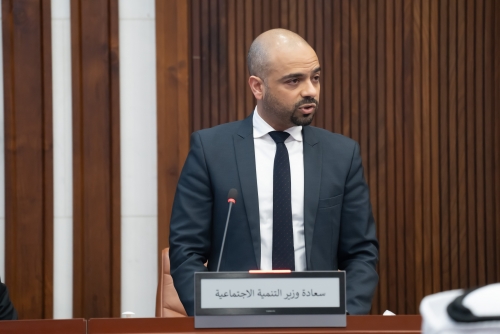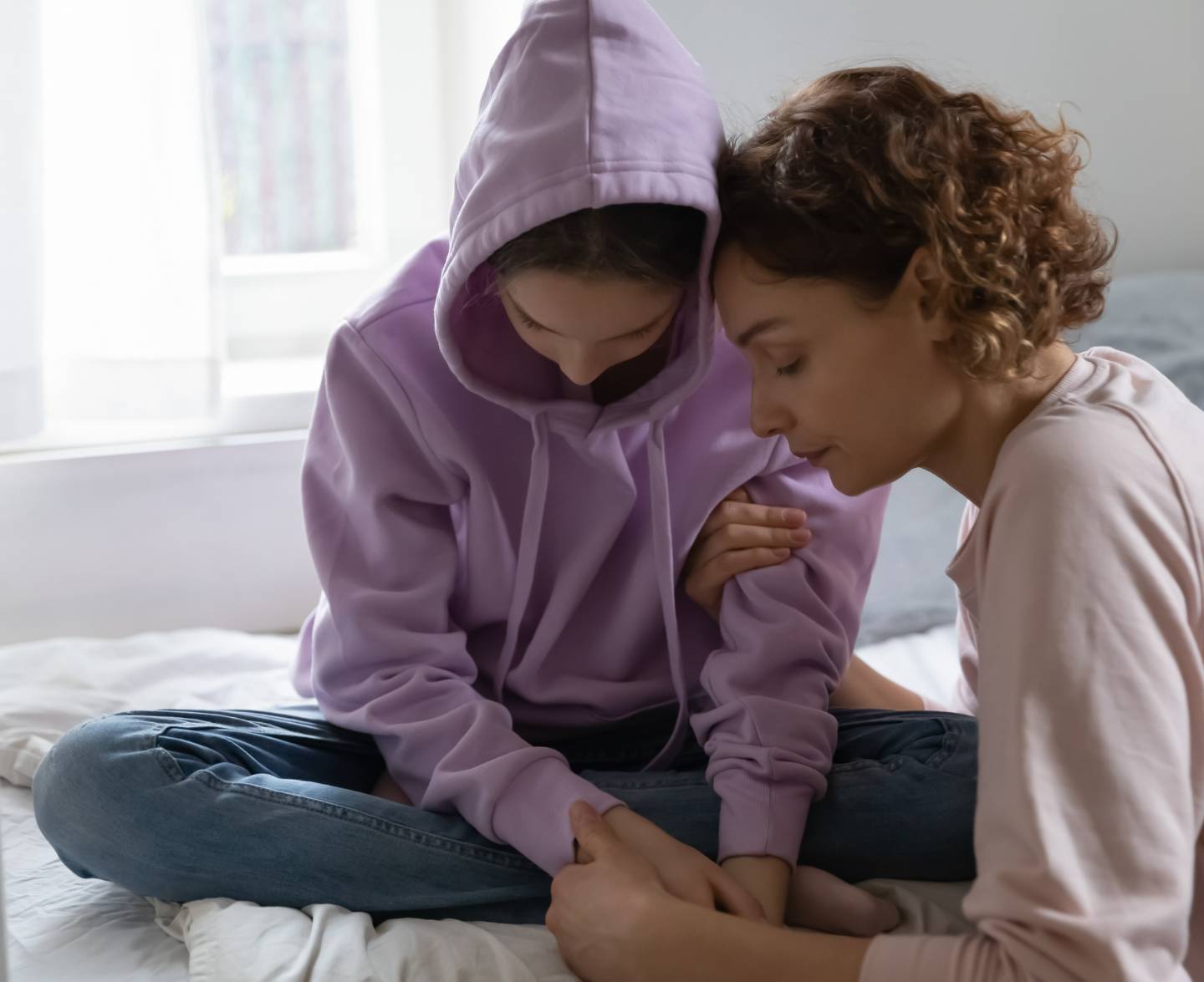Young offenders to get daily sunlight and dignity under new social care guidelines
TDT | Manama
Email: mail@newsofbahrain.com
Children held over criminal cases or sent by prosecutors to social care homes will now be guaranteed daily sunlight, privacy, and access to proper meals under new rules issued by the Minister of Social Development, His Excellency Osama bin Saleh Al Alawi.
The decision introduces a strict code for institutions responsible for housing young offenders, focusing on day-to-day care, education, and re-entry into society.
Each child must receive three meals a day, along with snacks when needed. Denying food is allowed only on medical grounds.
Time outdoors is required daily, with sunlight and fresh air part of the routine, provided safety is observed.
Record
The rules demand a written record of nearly every aspect of a child’s time at the facility.
These include logs of daily activity, entries on contact with family, and reports of complaints.
Institutions must also assign a personal bed, hygiene kits, and suitable clothing.
Confidential
All records are considered confidential by law.
The new code lays out rights for the children.
They must be treated with dignity, kept safe from harm, and shielded from all forms of discrimination.
They may practise their religion and file complaints without fear of retaliation.
Contact
Children from overseas must be allowed contact with their embassy or any relevant international body.
Psychological, social, and academic help is to be provided throughout their stay.
Care homes must involve the children in choosing rehabilitation activities to help build their self-worth and ease their return to community life.
Disabilities
Those with disabilities must be given additional support, including sign language interpretation and furniture suited to their needs.
Extra healthcare, such as speech therapy and physical treatment, is to be made available. One-on-one educational assistance is required where appropriate.
From the moment a child arrives, the process begins.
Condition
The reception team, made up of psychologists and social workers, must assess the child’s condition, conduct health checks, and place them in the appropriate unit based on age, offence, and sentence.
Essentials must be provided immediately.
The regulations also define key terms to avoid confusion, including the Kingdom, the Ministry, the relevant department, the law, the rules, the child, the home, the director, and the referring authority.
Institutions
The second article sets out the purpose of these institutions.
They are tasked with housing, caring for, and helping to rebuild the lives of children referred by courts or recommended by the Child Protection Centre.
This includes schooling, therapy, social support, and preparation for life after release.
dsfsdf
Related Posts


